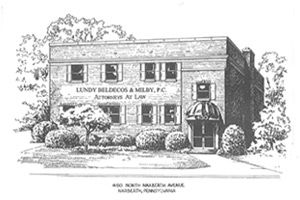Pennsylvania Enacts Sweeping Changes to Liquor License Laws
The Pennsylvania General Assembly passed the first major overhaul of liquor laws in 80 years. Pennsylvanians can now purchase wine at grocery stores, receive it in the mail, and purchase beverages 24/7 while in a casino.
Signed into law on August 8th, 2016, Act 39 is one of the most significant changes to Pennsylvania’s liquor laws since prohibition. It represents a major shift that could presage greater privatization of the liquor industry in Pennsylvania. The new law addresses a variety of issues including receiving wine through the mail, grocery store sales, and permitting customers to take home wine purchased in restaurants and bars.
Licensed restaurants and hotels may now sell up to four bottles of wine per customer to take home. There is an initial $2,000 license fee which must be renewed annually. The take-out rules permit restaurants to sell wine to late-night dinner patrons who are unable to purchase wine from closed liquor stores. A liquor license attorney from Lundy, Beldecos & Milby can help restaurant and bar owners gain access to this potentially lucrative new business.
Moreover, the markup on special orders was reduced from thirty to ten percent, which represents huge savings on specialized wine lists.
The bill also allows bed-and-breakfasts to provide one bottle of wine per customer at check-in, provided the guest is staying overnight.
Among the other changes, wine producers can now direct ship up to 36 cases (9 liters of wine per case), in any calendar year to a Pennsylvania resident for personal use, breweries may sell their beers at farmer’s markets, and gas stations may sell alcohol with PLCB approval.
To learn more about how these new liquor laws will impact your business, or for a liquor licensing attorney, please contact Lundy, Beldecos & Milby directly.

